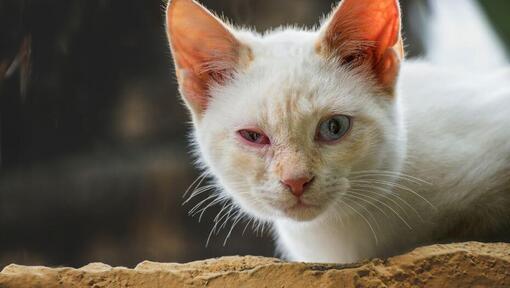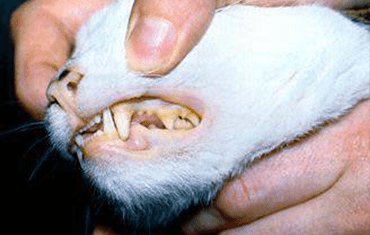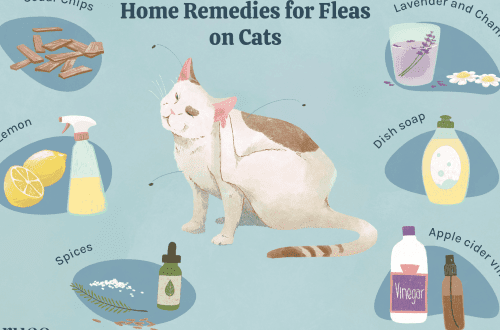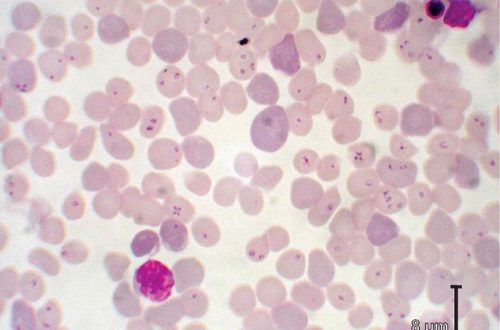
What to do if the cat has red eyes?
Infections and parasites
Cat eyes are very sensitive and may react with redness to inflammation, irritation, or injury to both the eye itself and the area around it. Very often, redness is accompanied by discharge from the eyes, including purulent, itching, vision problems that cause severe discomfort to the cat. Red, inflamed eyes can be a symptom of a number of diseases, including infection of the body with parasites.
Inflammation of the eye (conjunctivitis) can be caused by bacteria such as staphylococci or chlamydia, viruses, including feline herpes, or parasites (roundworms) that live in the eyes.
Also, such symptoms can give extremely unpleasant cat diseases: rhinotracheitis, calcivirosis, panleukopenia. Inflammation is usually accompanied by profuse discharge from the eyes and occasionally fever.
Injuries and allergies
Injuries can also lead to redness of the eyes. Most often, cats are injured during fights with relatives, when claws are actively used. Wounds become inflamed, and the consequences can be very serious, up to blindness or loss of an eye. Prickly plants or even fine sand with pebbles blown by the wind can also injure a cat’s eye.
With redness of the eyes and copious discharge from them, the cat can also react to allergens. An allergic reaction in an animal, which can also be manifested by peeling paw pads, dandruff, nasal discharge, can be provoked by dry food, a new shampoo or tray filler. In the same way, some cats may react to a change in household chemicals and even to the master’s perfume or flowers brought into the house.
How can I help you?
First of all, you need to remember that self-treatment of redness of the eyes is unacceptable. A cat with these symptoms should be taken to the veterinarian as soon as possible. In some cases, the clock counts, and the animal risks losing sight forever, which will be a serious blow for the predator, which is a cat.
However, before a visit to the doctor, it is worth putting on a special collar on the animal in order to prevent scratching the eyes and worsening well-being. Drip drops, rinse, lay ointments only as directed by a specialist. In this case, if possible, it is best to visit an ophthalmologist veterinarian.





